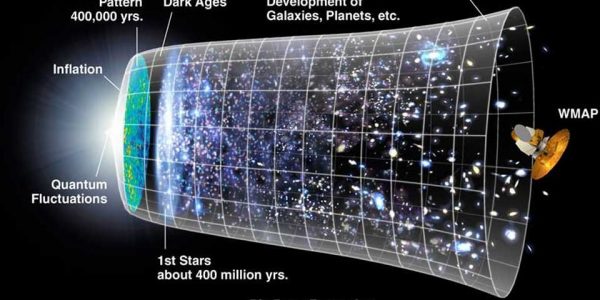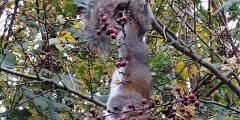Bird flu – then and now
February 17, 2023
Current news about a world-wide bird flu outbreak brought back memories of 2005, dubbed then “The year of bird flu”. In an article I co-authored that year with Christopher Halliday, we noted that “[l]ately, fear of disease has been fuelled yet again by the emergence of a new highly pathogenic virus strain of avian influenza …
Climate change and health: Early and late warnings
February 10, 2023
Last week I saw various tweets from the Wellcome Trust announcing a new funding scheme that will support research on the impacts of #ClimateChange on human health, centring on communities most at risk (an announcement that by the way, was illustrated with a tryptic of photos of lone individuals dealing with a flood, a fire …
Knitting with hyperlinks: A decade of blogging
February 3, 2023
Ten years ago, I was walking down the corridor in the School of Sociology and Social Policy building, when I bumped into Adrian Mateo, who was then Faculty marketing manager. I knew him from various engagement events related to projects I was involved in at the time. We chatted a bit and he suddenly asked …
Artificial Intelligence: Education and entertainment
January 6, 2023
I have heard about artificial intelligence or AI for decades, but I have never really played with it. I guess this is the same for many people. We might have AI all around us, but at the end of 2022 it became much more tangible – we had it at our fingertips. A company called …










![Hand-painted Kintsugi pottery bowl. Wikimedia Commons [Kintsugi, also known as kintsukuroi, is the Japanese art of repairing broken pottery by mending the areas of breakage with lacquer dusted or mixed with powdered gold, silver, or platinum]](https://blogs.nottingham.ac.uk/makingsciencepublic/files/2022/11/Hand_Pinted_Kintsugi_Pottery_Bowl-240x120.jpg)